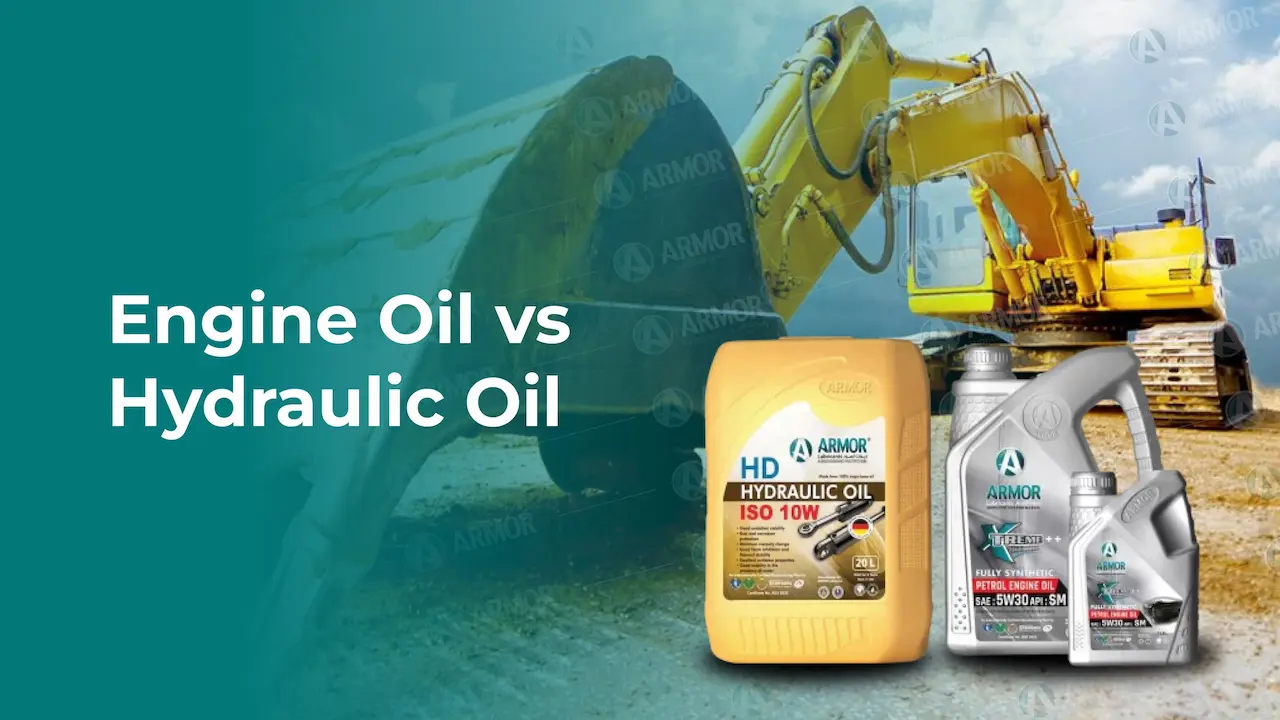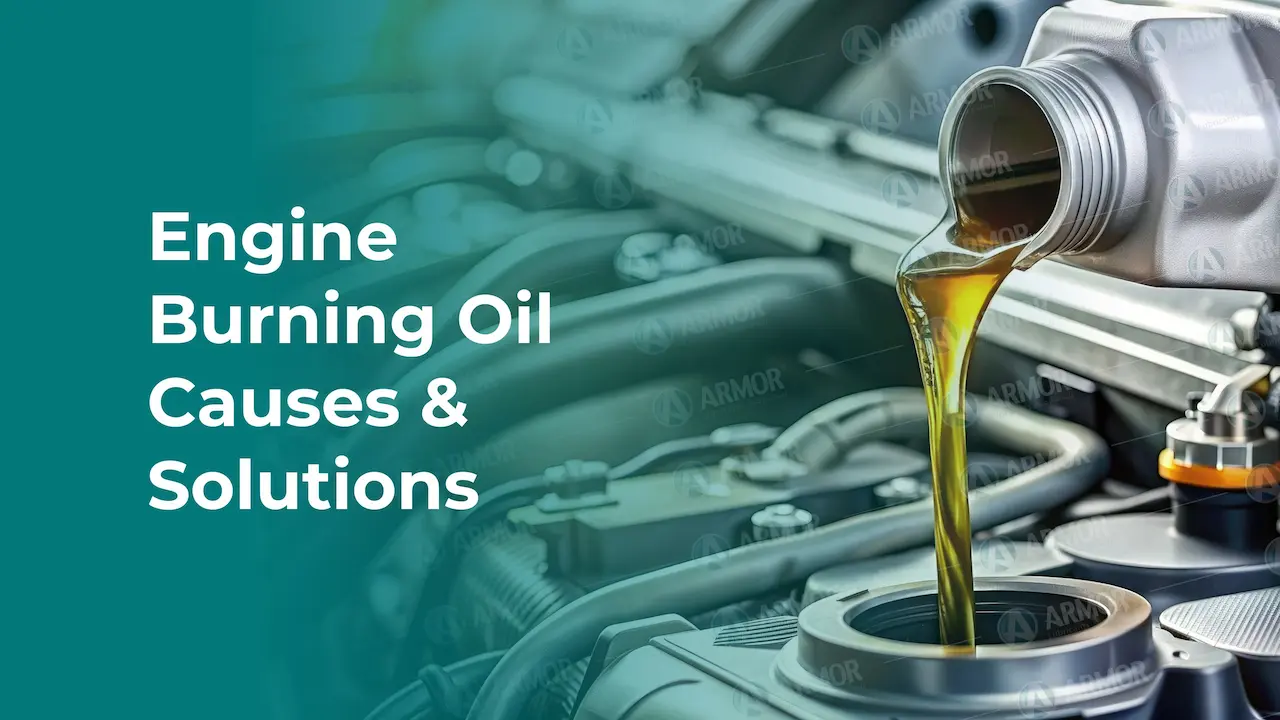
Types of Automotive Engine Oil
Motor oil is to be replaced almost every year. Usually most people just go to the mechanic and ask them to change the oil leaving the rest to the expertise of the mechanic. You can continue doing that while also know more about automotive engine oil types and their differences.
How Many Types of Engine Oils Are There?
Engine oils come in a variety of formulations designed to suit different vehicles and driving conditions. Knowing the main types can help you make informed choices for maintenance and performance.
- Conventional Oil
- Synthetic Oil
- Synthetic Blend Oil (Semi-Synthetic Oil)
Specialty Engine Oils
In addition to the main types, some oils are tailored for niche applications:
- Racing Oil: Designed for high-performance engines in race cars, it provides extra lubrication under extreme conditions.
- Eco-Friendly Oil: Biodegradable and low-emission options are available for environmentally conscious drivers.
Usually we can categorize them into one of the above types, but still sometimes used as a standalone category.
Conventional Engine Oil
Conventional engine oil is one of the most commonly used lubricants, especially in older vehicles. Understanding its characteristics can help you decide if it’s the right choice for your car.
Characteristics of Conventional Oil
Conventional oil is refined from crude oil and contains fewer synthetic additives. This makes it cost-effective and widely available. However, it’s best suited for engines with straightforward demands, such as older models or vehicles with low mileage. Regular maintenance is essential because conventional oil breaks down faster under extreme conditions, requiring more frequent oil changes.
Read More: A Practical Guide to Lubricant Additives
Best Applications for Conventional Oil
Conventional oil shines in specific scenarios:
- Low-Mileage Vehicles: Cars that see minimal daily use benefit from its basic protection.
- Older Engines: Simpler engine designs often don’t require the advanced properties of synthetic oils.
- Budget-Friendly Maintenance: It’s an economical choice for drivers prioritizing affordability.
While it’s ideal for basic needs, vehicles exposed to high heat or heavy loads may perform better with upgraded oil options.
Synthetic Engine Oil
Synthetic motor oil stands out for its advanced properties and superior performance. It’s engineered to meet the demands of modern engines, making it a favorite among car enthusiasts and professionals.
What Makes Synthetic Oil Different?
Unlike conventional oil, synthetic oil is created using a highly controlled chemical process. This results in a lubricant with uniform molecular structure, offering exceptional stability under extreme conditions. It resists breakdown, maintains viscosity across a wide temperature range, and reduces the formation of sludge. These qualities make it ideal for engines that require high-performance lubrication.
Benefits of Synthetic Motor Oil
Synthetic oil offers a range of benefits that go beyond basic lubrication:
- Enhanced Engine Protection: Reduces wear and tear, especially in high-stress conditions.
- Longer Oil Change Intervals: Maintains performance for thousands of miles, saving time and cost.
- Better Temperature Performance: Performs well in both extreme heat and cold starts, ensuring smooth operation year-round.
- Improved Fuel Efficiency: Its low friction properties can contribute to better mileage.
When to Choose Synthetic Oil
Certain vehicles and driving conditions make synthetic oil the optimal choice.
- High-Performance Vehicles: Turbocharged engines or sports cars benefit greatly from synthetic oil’s advanced properties.
- Extreme Climates: It provides reliable performance in freezing winters or scorching summers.
- Heavy-Duty Use: If your car frequently tows or carries heavy loads, synthetic oil can handle the added stress.
Semi-Synthetic Engine Oil
Semi-synthetic engine oil offers a balance between cost and performance.
What is Semi-Synthetic Oil?
Semi-synthetic oil is a blend of conventional oil and synthetic oil. This hybrid formula enhances performance without the higher price of full synthetic options. It provides better protection and longevity compared to conventional oil while remaining more affordable than fully synthetic oil.
Benefits of Semi-Synthetic Oil
Semi-synthetic oil is designed to deliver reliable performance across various conditions:
- Improved Wear Protection: Synthetic additives reduce friction, extending engine life.
- Better Temperature Stability: Handles both high heat and cold starts effectively.
- Extended Oil Change Intervals: Compared to conventional oil, semi-synthetic lasts longer, reducing maintenance frequency.
- Cost-Effective Solution: Offers many synthetic benefits at a lower price point.
When to Choose Semi-Synthetic Oil
Semi-synthetic oil is versatile and suits a wide range of vehicles and driving conditions.
- Everyday Vehicles: Great for family cars and light-duty trucks that require dependable, mid-level performance.
- Moderate Driving Conditions: Ideal for drivers who experience a mix of city and highway driving.
- Budget-Conscious Car Owners: Perfect for those who want better protection than conventional oil without paying for full synthetic.
Semi-synthetic oil strikes an excellent balance, making it a practical option for car owners and mechanics looking to optimize performance and affordability. It bridges the gap between conventional oil’s simplicity and synthetic oil’s advanced properties.
FAQs on Automotive Engine Oils
Ques: How often should I change my engine oil?
Ans: Oil change intervals depend on the type of oil and your vehicle. Conventional oil typically requires a change every 3,000–5,000 miles, while synthetic oil can last 7,500–10,000 miles. Always check your owner’s manual for specific recommendations.
Ques: Can I mix different types of engine oil?
Ans: While mixing oils won’t immediately harm your engine, it’s not recommended. Mixing can reduce the oil’s effectiveness, as different formulations may not work well together. Always use the same type and grade of oil for optimal performance.
Ques: What happens if I use the wrong engine oil?
Ans: Using the wrong oil can lead to poor lubrication, increased engine wear, and reduced efficiency. In severe cases, it may cause engine damage. Always choose the oil type and grade specified by your vehicle manufacturer.
In Conclusion
Choosing the right automotive engine oil can seem complex, but understanding the different types and engine oil properties empowers you to make informed decisions for your vehicle. Whether you opt for conventional, synthetic blend, or full synthetic, prioritizing quality is key to maximizing engine performance and longevity. Armor Lubricants offers a comprehensive range of engine oils in UAE formulated to meet various specifications and performance demands. Explore the automotive lubricant products offerings at Armor Lubricants and give your engine the care it deserves.


